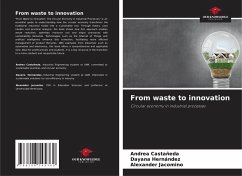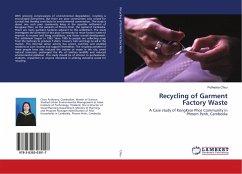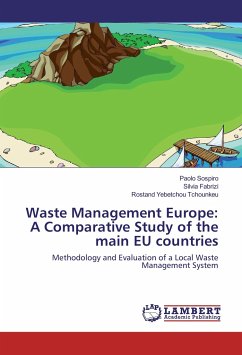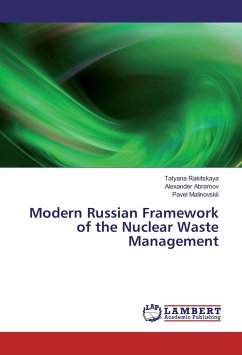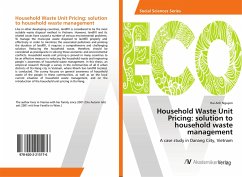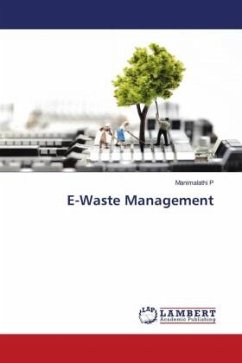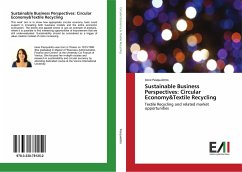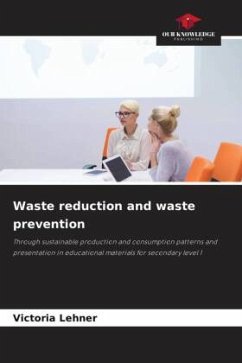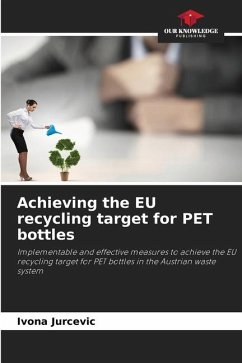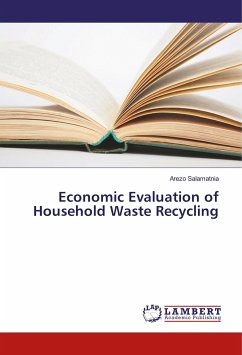
Economic Evaluation of Household Waste Recycling
Versandkostenfrei!
Versandfertig in 6-10 Tagen
19,99 €
inkl. MwSt.

PAYBACK Punkte
10 °P sammeln!
Recycling is the most important way to reduce the waste problem. Recycling is in fact the concept of quantitative and qualitative control of solid waste and will not be limited to waste collection for reuse. Quantitative and qualitative waste composition plays a major role in the development of urban solid waste management strategies for recycling. In this study, using physical analysis of waste components and relying on the initial data of 2010 and 2011 of Abadan Municipal Recycling Organization, using economic evaluation indicators (Engineering economics), such as net present value (NPV), in...
Recycling is the most important way to reduce the waste problem. Recycling is in fact the concept of quantitative and qualitative control of solid waste and will not be limited to waste collection for reuse. Quantitative and qualitative waste composition plays a major role in the development of urban solid waste management strategies for recycling. In this study, using physical analysis of waste components and relying on the initial data of 2010 and 2011 of Abadan Municipal Recycling Organization, using economic evaluation indicators (Engineering economics), such as net present value (NPV), internal rate of return and cost / benefit ratio, have been applied to the economic appraisal of Abadan domestic waste management. the above mentioned indicators, specially NPV, the project will be implemented if it is obtained from government credits. the government or local organizations, such as the municipality, in order to support intended project, should inject loans at low interest rates (below 16%). In the discussion of sensitivity analysis, this rate is less than 12 percent, which further elucidates the need for more protective government behavior.



